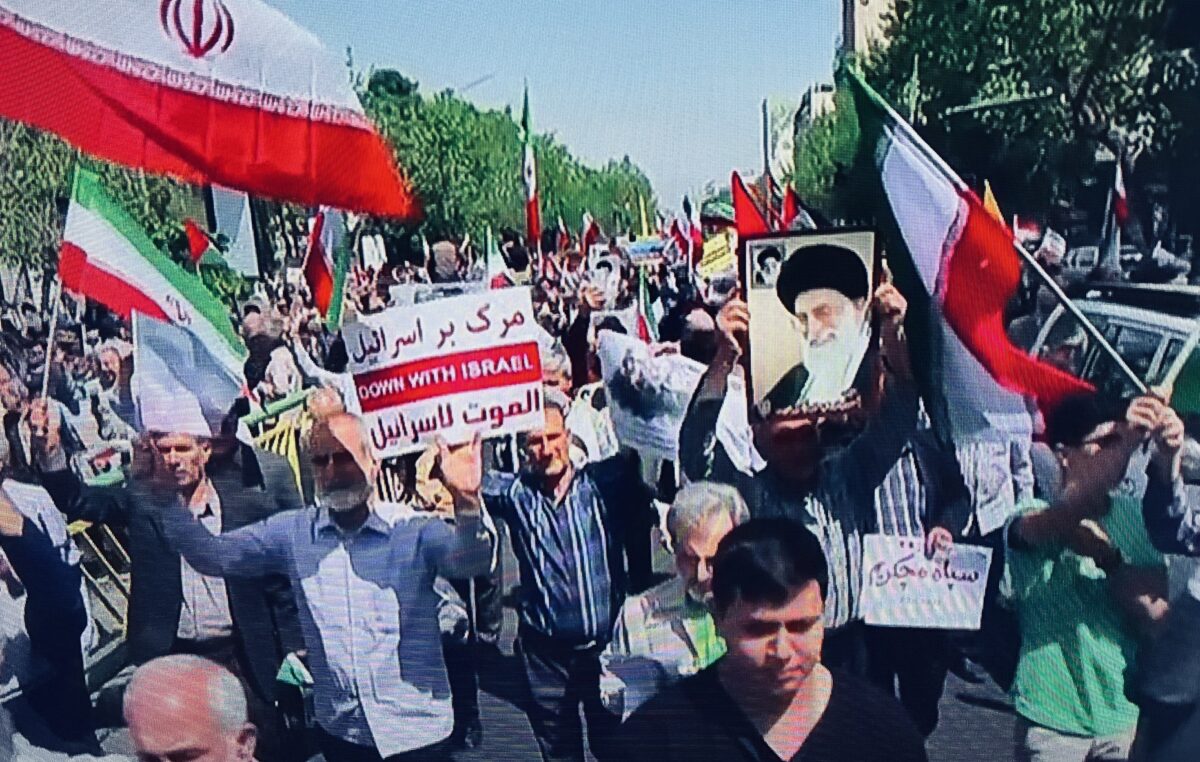It appears that Israel and Iran have stepped back from the brink of a regional war, but they are still on a collision course that could destabilize and upend the Middle East.
Responding to Iran’s drone and missile attack on Israel on April 13, the first from its own territory, Israel launched a very limited and precise retaliatory strike inside Iran on April 18, the 85th birthday of Iran’s supreme leader, Ali Khamenei, and the day the United States and its European allies imposed new sanctions on Iran.
The reprisal was mostly symbolic, intended to show its arch-enemy that Israel has the ability to strike Iran itself rather than one of its proxies in the so-called Axis of Resistance.
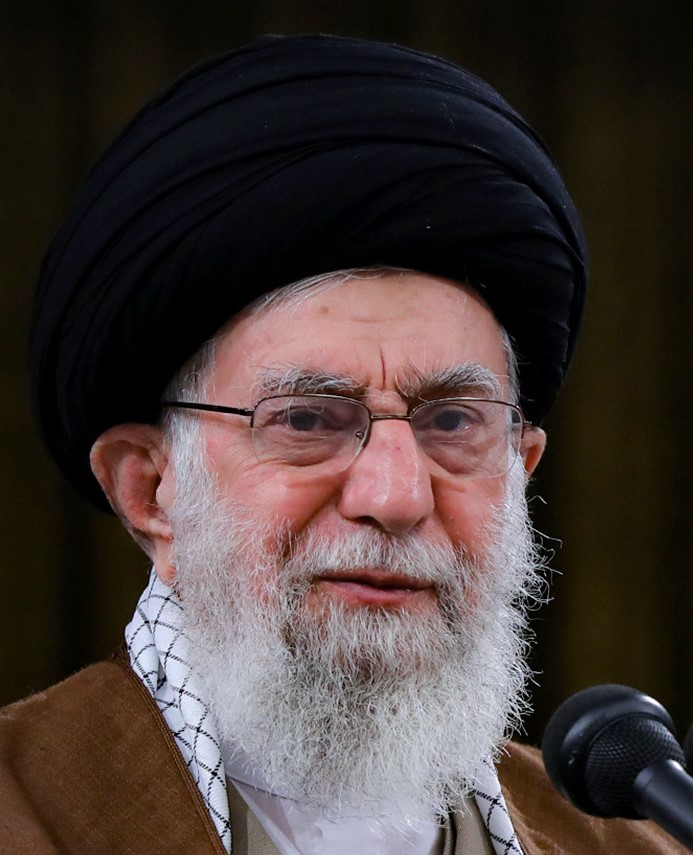
Israel Ziv, a former Israeli army commander, said it was not intended to cause widespread destruction, but to send a very clear message to Iran about the “technological gap” between the two nations and to highlight Israel’s ability to penetrate Iran’s defences and bomb sensitive sites in Iran.
Israel did not respond with great force because it has no desire to open a third front with Iran, its deadliest foe, at this juncture. For the past six-and-a-half months, Israel has been tied down in wars with Hamas and Hezbollah in the Gaza Strip and Lebanon.
Tellingly enough, the Israeli government neither took responsibility for the attack nor discussed it. However, National Security Minister Itamar Ben-Gvir, the leader of the far-right Jewish Power Party, described it as “lame.”
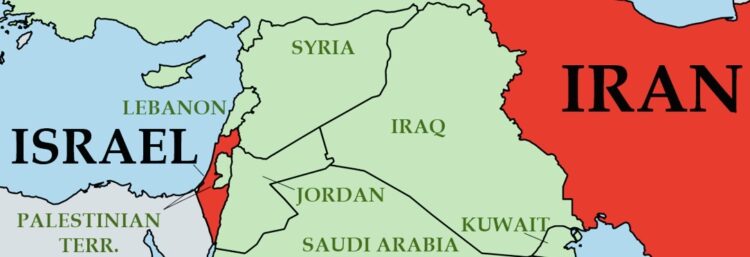
In its wake, Iran permitted demonstrators to mount an anti-Israel parade in Tehran. Yet the Iranian regime barely mentioned it and the state news agency downplayed it.
Iran’s foreign minister, Hossein Amir Abdollahian, contemptuously dismissed it. “What happened… was no attack,” he said. “It was the flight of two or three quad-copters, which are at the level of toys that our children use in Iran.”
The muted reaction in both countries signified that they seek to deescalate this conflict, which started on April 1 when Israeli aircraft bombed Iran’s consulate in Damascus, killing three Islamic Revolutionary Guards Corps generals and four of its commanders.
Israel did not take credit for the destruction of Iran’s consulate, but Iran blamed Israel. In response, Iran fired upwards of 350 drones and missiles at Israel from its own soil in a sharp and jolting departure from its policy of confronting Israel in a shadow war through proxies such as Hezbollah in Lebanon, Hamas in the Gaza Strip and the Houthis in Yemen.
The Iranian attack, though daring and spectacular, was a failure militarily, with 99 percent of its projectiles having been shot down by the Israeli armed forces, the United States, Britain and Jordan in a coordinated effort that laid bare Iran’s comparative isolation in the region.
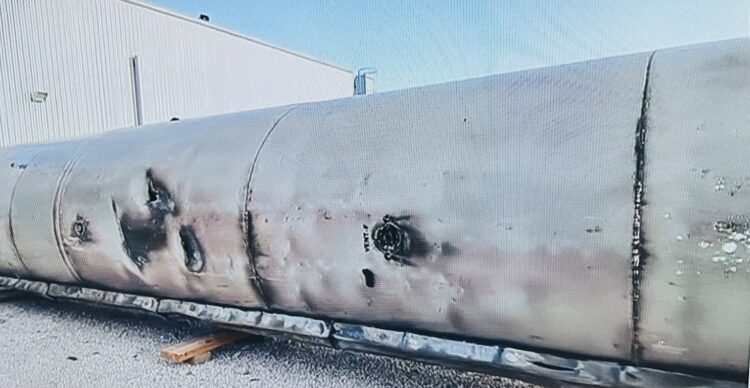
The handful of Iranian missiles that evaded Israel’s sophisticated air defence system slightly damaged the Nevatim air base in the Negev Desert and seriously injured a Bedouin girl.
The United States, Israel’s chief ally, had urged the Israeli government to act with restraint, but Israel was determined to retaliate in the face of Iranian threats.
Iranian President Ebrahim Raisi declared that “the tiniest act of aggression” on Israel’s part would draw an armed response.
Ahmad Haghtalab, the Islamic Revolutionary Guards Corps general charged with protecting Iran’s nuclear sites, warned that “the nuclear facilities of the Zionist enemy have been identified, and the Islamic Republic has accessed the necessary data on all targets. We have fingers on the trigger to launch powerful missiles to destroy the identified targets.” He added menacingly that Iran could “revise” its nuclear program policy.
And just a few hours before Israel carried out its strike, Amir-Abdollahian issued a stark warning. “If the Israeli regime commits the grave error once again our response will be decisive, definitive and regretful for them,” he said. “We do not seek to create tension and crisis or increase such situations in the Middle East and we sincerely hope the Israeli regime does not repeat the previous egregious error.”
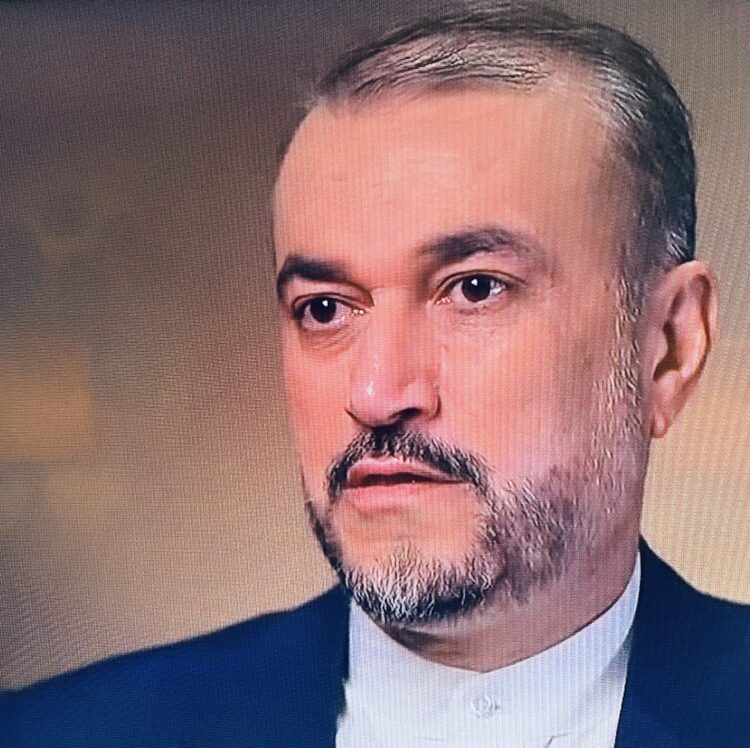
Despite Iran’s warnings, Israeli Prime Minister Benjamin Netanyahu, who has made Iran his flagship issue, had every intention of retaliating in a bid to regain Israel’s deterrence.
Israel targeted military sites in Tabriz and Isfahan and bombed a Syrian army radar station in southern Syria.
According to Iranian state media, Israel attempted to conduct a separate attack on unspecified targets in Tabriz. Air defence batteries intercepted a “suspicious object,” causing explosive sounds over the northern Iranian city.
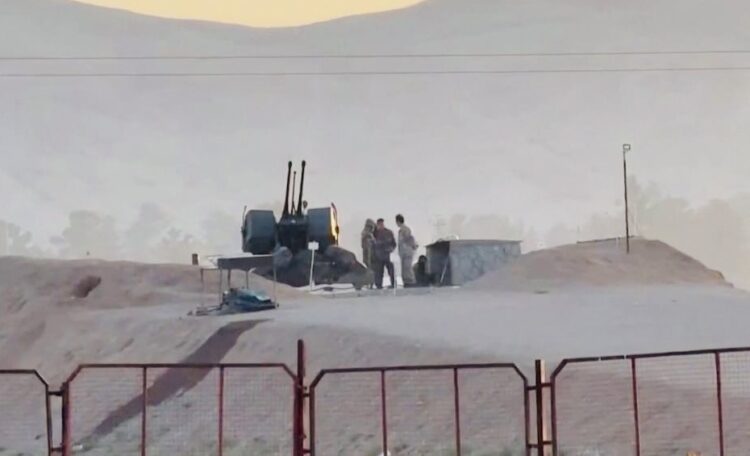
Israeli aircraft fired at least three missiles at an Iranian air force base in Isfahan, which houses Iran’s fleet of American-made F-14 Tomcats aircraft, all of which were purchased prior to the 1979 Islamic revolution. The raid reportedly damaged the air defence system that protects the Natanz nuclear facility, Iran’s main uranium enrichment facility 170 kilometers north of Isfahan.
Isfahan is a major Iranian center of missile production, research and development. Many of its Shahab medium-range missiles, which can reach Israel and beyond, are manufactured here. Israel attacked a drone plant in Isfahan last year, causing an immense explosion. The attack is believed to have been carried out by the Mossad, Israel’s foreign intelligence agency.
Iran claimed that three mini drones, flown by “infiltrators from inside Iran,” had been been observed after midnight and were shot down. A senior Iranian army commander was quoted by state television as saying that a “suspicious object” had been downed.
The International Atomic Energy Organization, along with Western and Iranian media, reported that Israel did not damage any of Iran’s nuclear facilities.
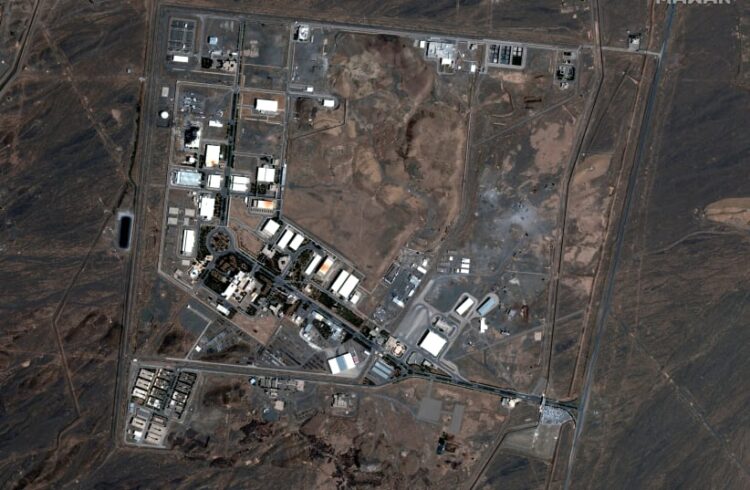
In a speech in Semnan province on April 19, Raisi ignored the incident, but hailed Iran’s direct attack on Israel almost a week ago, saying it “showed our authority, our people’s will of steel and our unity.”
Iranian leaders have absolved themselves of the need to retaliate so as to focus on Iran’s main objectives: the preservation of the regime, the strengthening of its proxies, and the reduction of U.S. influence and power in the Middle East.
Yet tensions between Israel and Iran remain dangerously high, exacerbated by Iran’s support of proxies intent on harming Israel and sharpened by Iran’s nuclear program, which Netanyahu regards as an existential threat.
In light of these incendiary issues, it may be only a matter of time before a fresh incident erupts and Israel and Iran are at loggerheads again.
Hovering over all this is the unanswered question whether Iran will be tempted to attack Israel directly again, or revert to form, retreat into the shadows, and leave the dirty work to its surrogates.
